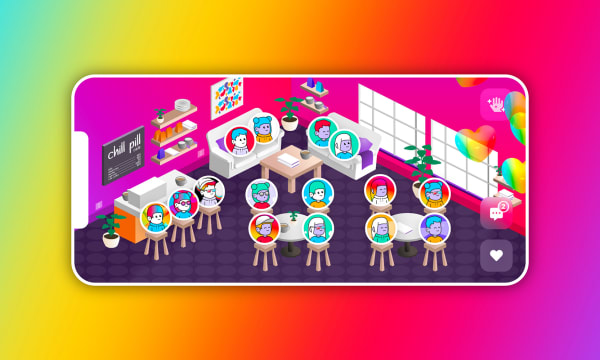Technology and social media have become ever-present in our lives. According to the Los Angeles Times, Gen Z now spends half their waking hours staring at screens, an average of 7.2 hours watching videos, scrolling social media or chatting with their friends every day. While technology and the era of the smart phone has undoubtedly revolutionized our lives, adding efficiencies and connection to information, community and immersive content that was unthinkable just a few decades ago, its pervasive nature also raises questions about mental health, surveillance and the overbearing influence of algorithms. According to a survey from messaging company SimpleTexting, 68.6% of people say that screen time has had a negative effect on their mental health, while one in three admitted it had a detrimental effect on their work or personal lives. In response to this, we’re seeing the emergence of a new movement of people, groups and brands who are questioning technology’s unchecked impact on our lives, with many championing a return to tactile, physical, off-line experiences.
One group that has attracted the attention of The New York Times recently is The Luddite Club in New York. Taking its name from the Luddite movement in 19th century England, who were a group of textile workers rebelling against the negative impact machinery was having on their livelihoods, The Luddite Club is a teenage lifestyle group that promotes “self-liberation from social media and technology”. The group started as a reaction to death scrolling and social media burnout, but was also influenced by the freedom associated with opting out and not being controlled and tracked by technology. The Luddite Club meets weekly in a New York park where members, who favor 90s flip phones over modern smartphones, talk, draw in sketching pads, and read physical books to each other.
This yearning for physical experiences is backed up by data from VML Intelligence’s Generation Z: Building a Better Normal report. We found that 83% of American Gen Zers have a newfound appreciation for in-person interactions as a result of the pandemic and while 92% love seeing their friends online, they feel that seeing them in person is best. This sentiment is also fueling the revival of analogue practices and simpler technology from the past. Two of the biggest map producers in the US and the UK have both revealed a significant increase in the sales of physical paper maps during the last two years. Ordnance Survey revealed a 144% year-on-year increase in sales in 2020, a figure that climbed a further 28% in 2021, while The AAA (American Automobile Association) also produced 123% more maps in 2022 than in 2021. This is being linked to digital fatigue, with people looking for ways to disengage from their screens. But physical maps also bring with them a sense of adventure and spontaneity, delivering a very different experience to the efficiency and speed prioritized by digital alternatives.
There has also been a recent rise in popularity of the digital camera, with #digitalcamera amassing more than 220 million views on TikTok. The lack of filters and editing capabilities, coupled with the barrier between images and social media, is making them more appealing to some Gen Zers looking to claim back control of their lives.



